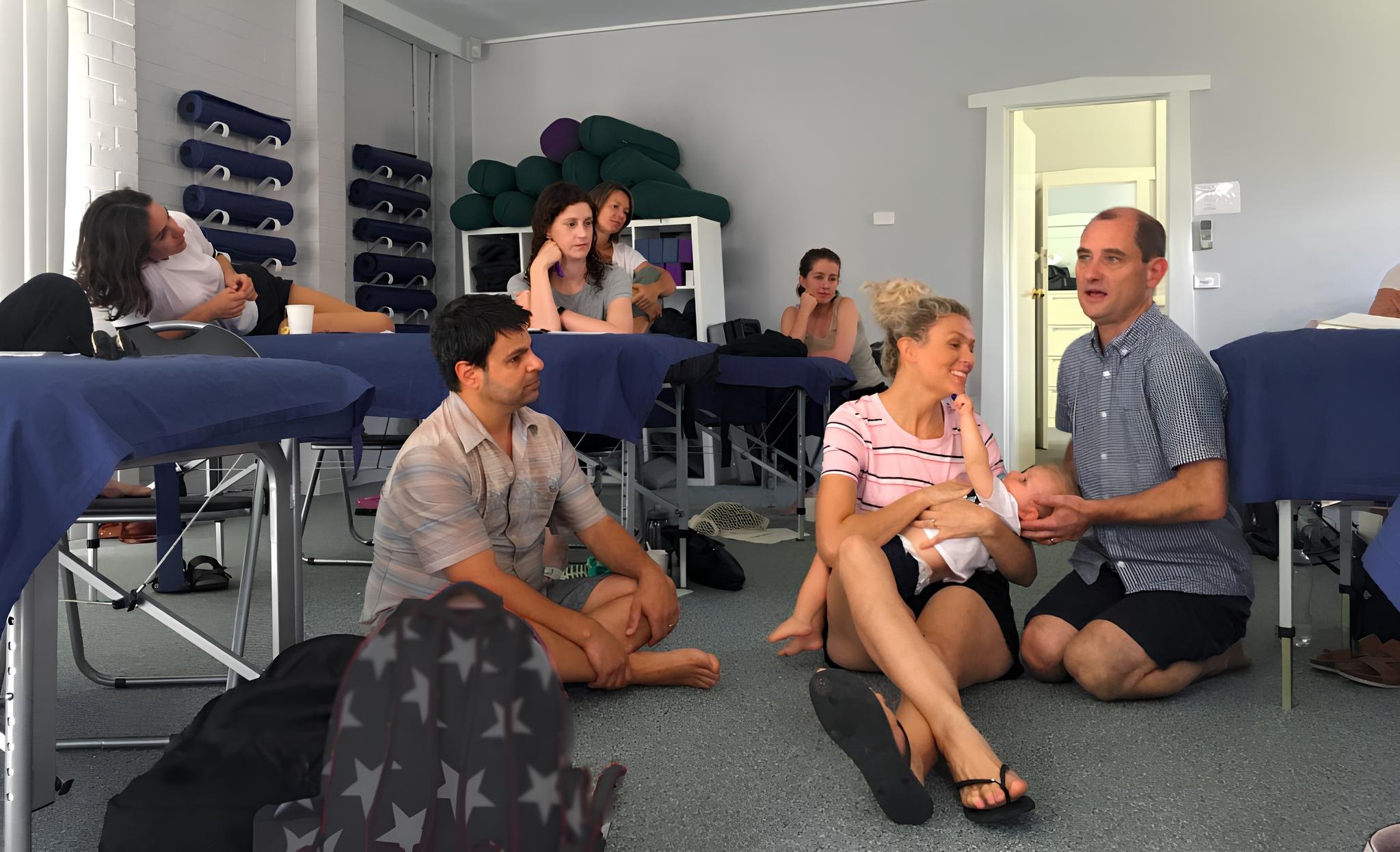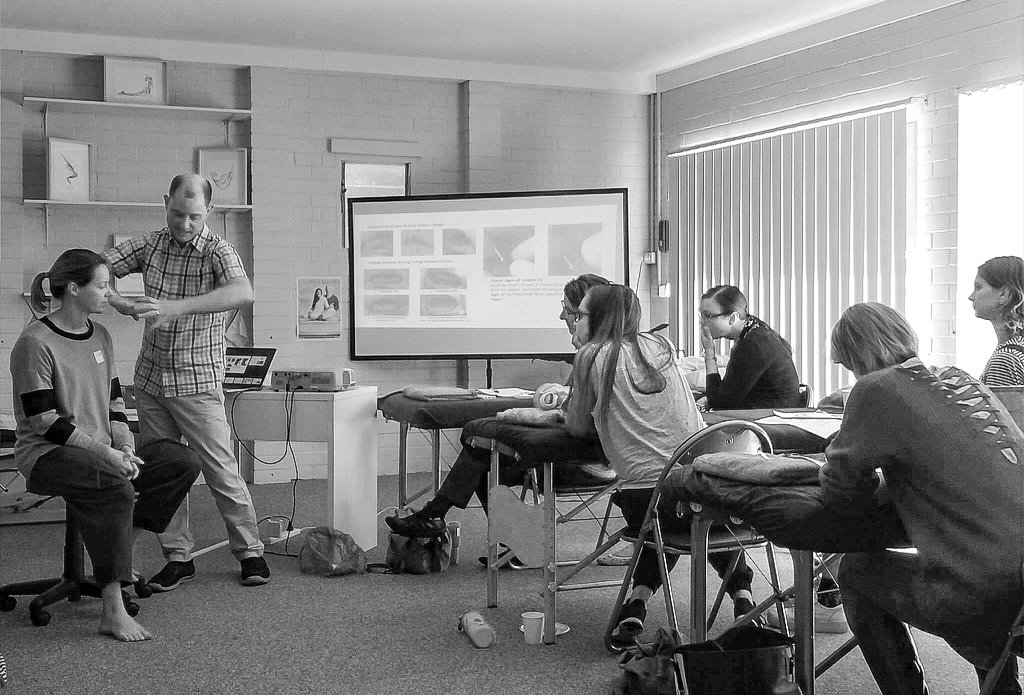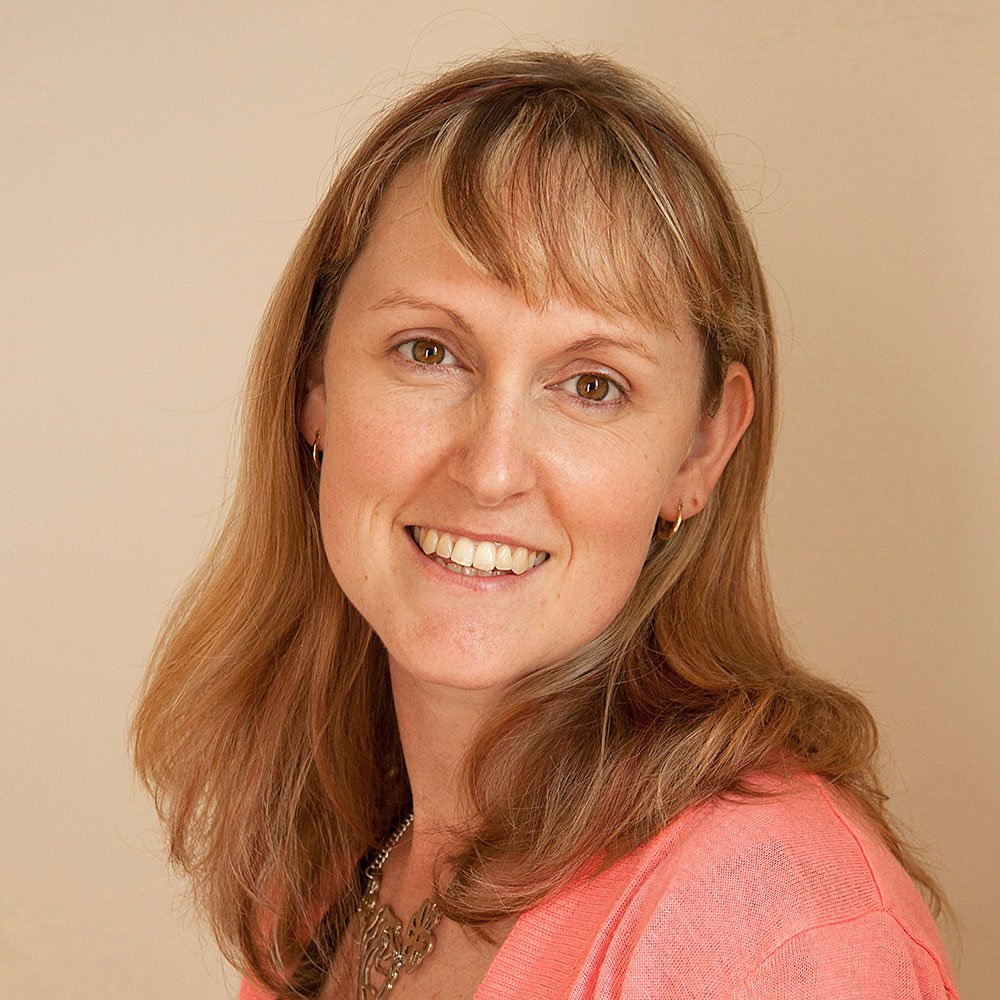
Face-to-face course Development Delay + Primitive Reflexes and ADHD & ASD
with Jamie & Lynsey Taylor
16-17 November 2024 • Albury, NSW, AustraliaOften children with developmental delay fly under the radar—they achieve, but not to their fullest potential. Working with primitive reflexes assists them in flourishing to their highest potential.
OutcomesThis course will help you to:
Gain clarity over primitive reflexes and how they fit into the neuro-developmental picture.
Discover additional diagnostic tools for treating paediatric patients.
Develop more of a structured framework for working with children with developmental delay.
Understand ADHD and ASD and how primitive reflex integration assists with these conditions.
Learn practical techniques for assisting children with neuro-developmental delay.
CURRICULUMWhat we'll cover
Introduction to Primitive Reflexes. Definition of each primitive reflex in detail.
Connection to Neurodevelopment in Paediatrics.
Definition of a Neurotypical Child, Global Developmental Delay (GDD), Global Developmental Disability & Attachment Disorder.
Historical features of Neurodevelopmental delay - during pregnancy, birth, early infancy, early pre-school
The Withdrawal Reflex will be identified with relation to the transition of this reflex to the Moro Reflex.
The Rooting Reflex, Palmar Grasp Reflex, Asymmetric Tonic Neck Reflex (ATNR) and Spinal Galant Reflex will be identified with relation to the integration of language, manual dexterity, handwriting skills and visual tracking.
Ventral Suspension, Landau and Parachute Reflex as well as the Tonic Labyrinthine Reflex (TLR) and Symmetric Tonic Neck Reflex (STNR) will be identified with relation to the integration of balance and coordination and vestibular-proprioception.
Babinski, Toe Walking, Head Righting Reflex will be identified and explored with regard to developmental, gravitational and postural coordination.
Learn how to draw a clear diagnostic picture and obtain an assessment tool for developmental age and progress of a child
Definition and understanding of interoception, how to use this with children with poor body awareness.
Definition and understanding of ADHD & ASD, the medical versus biopsychosocial aptitude.
about the presentersJamie Taylor
Jamie Taylor was born in Palmerston North, Manawatu, New Zealand. He trained at the European School of Osteopathy, (ESO) in Maidstone, England, 1990-1994.
During his final year he began to enjoy working with newborns and pregnant mother’s. He very quickly began to see the importance of taking the trauma out of childbirth for mothers and postpartum distress in babies. When he graduated he worked in London at the Osteopathic Centre for children where this conviction grew. In 1997 he began assisting on the undergraduate Osteopathic technique classes at the ESO and clinical supervision in the undergraduate children's clinic, where he stayed until he moved back to NZ in 2005. He moved back to New Zealand in November 2005 after completing his masters in Osteopathy.
Jamie’s practice is predominantly focused on babies and pregnancy and postnatal mothers.
Regulation: Jamie Taylor is a member of the register of Osteopaths in New Zealand and the society of Osteopaths New Zealand.
Lynsey Taylor
Lynsey graduated as an Occupational Therapist in 2004 in the UK. She is married to Jamie and together they have 2 boys. Lynsey works in private practice with learning needs and developmentally delayed children in the office and school setting. She trains teachers and resources them to work with these children. She largely utilises a school based program called Smart moves. She utilises the reflex assessment, developmental assessment tools and exercise, movement program on a daily basis. She has also taught post-graduate level seminars in Australia and New Zealand for 5 years.
Jamie and Lynsey have a pragmatic, clinically informed, research based yet informal, practical and natural presentation + approach to teaching. In this course, they will integrate standard paediatric manual therapy with movement and exercises specifically tailored for integrating motor function and integrating primitive reflexes to allow the course participants to be able to utilise the knowledge and skills presented straight away in their clinic environment.
Course details
Date: 16-17 November 2024
Time: 9am to 4pm
Please arrive 15 minutes early for registration.
Location: Inspire Health Albury, 657 David St, Albury NSW 2640 (cnr Crisp St)
Meals: Fully catered—please inform of any dietary requirements via email hello@wisdomexchange.com.au
Fee: $990 AUD (price includes 10% GST)
FAQs
-
This course is open to all health professionals
-
It is recommended that you read the material in the pre-reading section of your course curriculum. There will also be a copy of your course presentation. It is recommended that you print these slides ready for the presentation.
-
You will need a bottle of water, pen, a notepad or paper to write on and a printed copy of your presentation slides. Printing out your course pre-reading material would be helpful, yet, not essential.
-
Completing both days of this 2-day course will give you 20 points of CPD. Please note, only the person who purchases the course will receive a certificate of attendance and gain the CPD points.
-
-
La Maisons - Wodonga
Thai Pukka - Albury
The Boat Shed - Lake Hume Resort - modern Australian food.
The Public House - Albury, nice pub style food.
Din Din’s - Albury, Asian Fusion.
Hapi Dumpling Bar - Albury, Casual Dining
Miss Amelie - Wodonga, Fine Dining.
-
Contact Inspire Health Albury on (02) 60411329 or email hello@wisdomexchange.com.au if you have any questions.
On the day of the course, if you need to contact someone urgently, contact Thanuja Vanderhoek on 0418164174

“I have completed a number of courses run by Jamie Taylor. I have found them to be thorough and straight to the point. The information and techniques taught are very easy to implement into everyday practice. I have found his courses to be exceptionally beneficial no matter weather they be building on prior knowledge and experience or if you are learning content that is completely new.”

